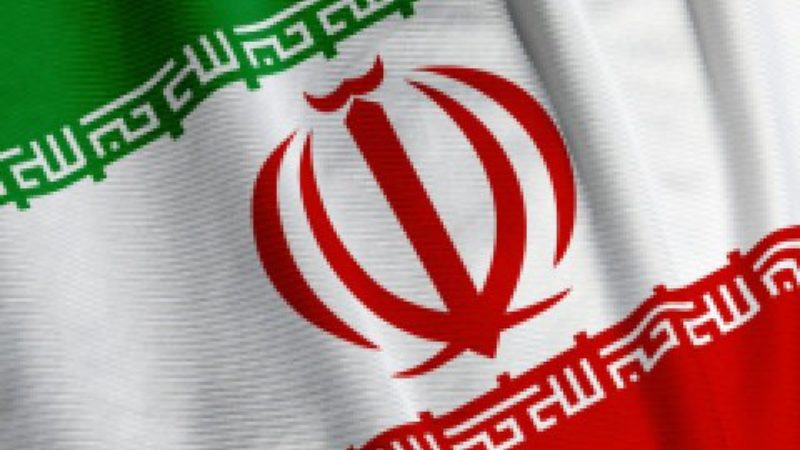
Towards the end of February Labour launched, to little fanfare, its ‘shadow defence review’. The consultation paper will evaluate the threats to Britain’s national security in the decades to come and defend Labour’s record on the issue. Lord knows the latter is needed; there became ingrained in the public psyche the idea that Labour did not care for the forces; that it would willingly embark on war and think of the consequences later. This is why Jim Murphy’s Labour Friends of the Forces is so critical. And yet, the as-ever intertwined issue of foreign policy is more pressing, particularly as the drumbeat of war rumbles towards Tehran.
The most perceptive analysis of how Labour should re-evaluate its foreign policy in a post Blair, post Arab Spring era has come from its forgotten leader. David Miliband used an article in the Financial Times pre Christmas to spell out the most coherent case yet for diplomacy with the Iranians. It swam in direct opposition to much of the rhetoric coming from London, Washington and Jerusalem. This sabre-rattling is beyond stupid. It is folly to have ever seriously doubted that Iran, surrounded by nuclear-armed or nuclear-allied powers, may one day seek a similar capability. The threat of war against Iran merely increases their anxiety to acquire the capability, outright war would confirm it.
Sanctions will not work. Sanctions did not topple Saddam, Slobodan Milosevic or Gaddafi – they led to war. Sanctions have been imposed on Iran for 33 years. They have done no good and almost certainly been counterproductive in reinforcing the theocracy.
But the “something must be done brigade” are mobilising. The something is, of course, the ever desirable war. The most ardent armchair interventionists wilfully espouse Blairite-sounding musings, lauding ‘humanitarian intervention’ and waiting with baited breath for the Typhoons to screech over Tehran and for the reassuring thud of boots on the Iranian soil. But Blair, like much of his politics, migrated from his seminal 1999 Chicago speech that detailed the doctrine of intervention. Then it was justified by humanitarianism and was optional. Towards the end of his tenure it was vital and obligatory, with wild talk of a battle for modernity. Seemingly those who are not of our values are to be subject to pre-emptive attack.
David Miliband’s latest intervention is to warn that we risk “sleepwalking” into war with Iran. The former foreign secretary is well placed in these matters, he himself having refused to rule out military action when behind the wood-panelled desk in Whitehall. But his appearance on BBC’s HardTalk displayed a much more nuanced display of foreign policy credentials. Iran is not a third world, two-bit dictatorship, but a nation of nearly 80 million people with an ancient and proud history. It has already shown it will not be cajoled or threatened. If the situation is to be defused then the elder Miliband is right – diplomacy is the only answer.
Britain is out of Iraq and desperate to get out of Afghanistan. And yet some of our press and politicians speak as if it is beyond doubt that Iran is attempting to develop a nuclear weapon, thus providing them with the means to achieve their ends. The fact that neither the US intelligence services, nor the IAEA, have proved such an assertion is seemingly an irrelevance.
We doubters feel the same apprehension that a nuclear-armed Iran would represent. But we are burdened by facts, not ever-escalating rhetoric. We must avoid military action becoming a self-fulfilling prophesy. Labour, as part of its regeneration in opposition, must re-evaluate its own policy – from defence to foreign – and avoid the risk of sleepwalking into another war in the Middle East.




More from LabourList
‘Turning public services around: Haringey’s story of child protection’
‘Can Labour turn the green tide back to red?’
Tom Belger column: ‘Why is Labour making migrant exploitation easier?’